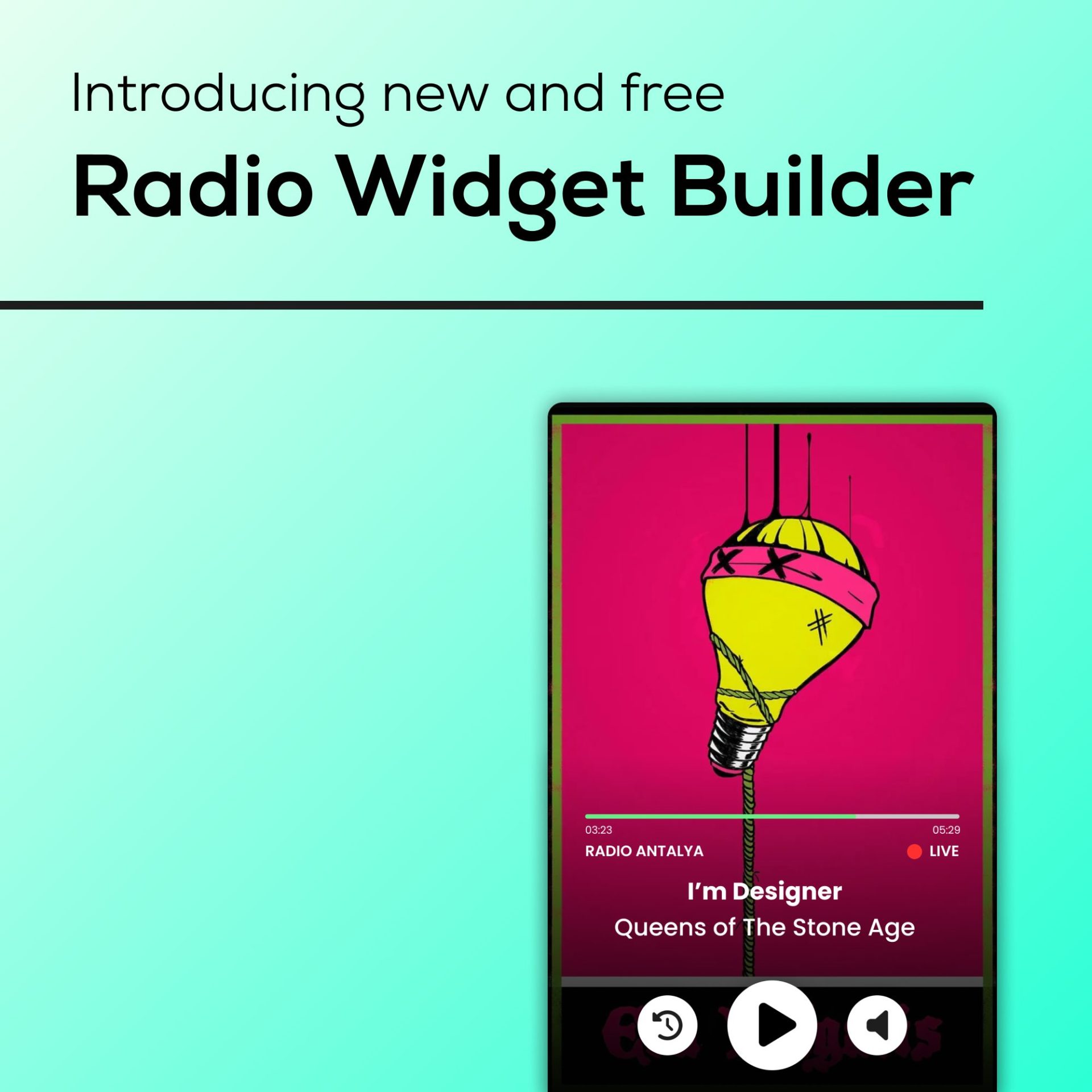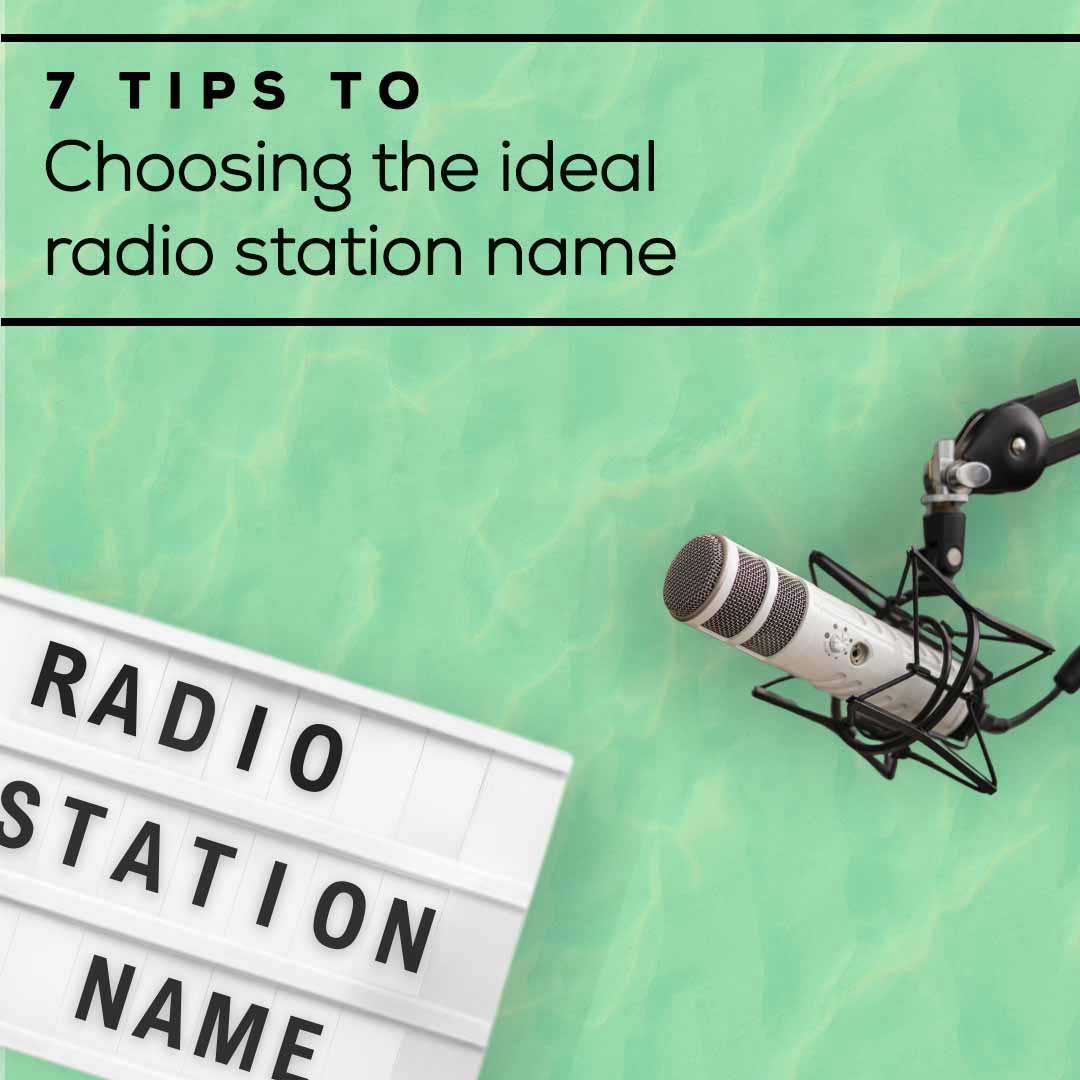FM radio and online radio are two different types of radio broadcasting preferred by music lovers. We will examine the differences between online radio and FM radio in this blog. FM radios is a communication tool based on analog technology that broadcasts through antennas, providing listeners with music, news and entertainment. İnternet radio is a platform that broadcasts in “real time” over the internet.
Online radio broadcasts have revolutionized the radio listening experience.

What are the differences between online radio and FM radio ?
FM radios usually broadcast regionally, while online radios are accessible worldwide. Online radio offers more options compared to FM radio because anyone with internet access can open an internet radio station. The positive aspect is that internet-based radio broadcasts typically offer significantly higher quality than FM, DAB, or TV broadcasts, thus achieving the finest possible sound quality in radio.
Online radio provides a diverse selection of music and various programs, including podcasts, and is more flexible. Furthermore, internet radio provides listeners with a personalized experience through customized music and tailored listening recommendations. In contrast, FM broadcasting generally experiences fewer interruptions and delays, adheres to limited broadcasting hours, and follows a fixed program schedule. Online radio, on the other hand, might experience interruptions or delays due to fluctuations in internet connection speed. It usually broadcasts 24 hours a day, enabling listeners to access any program at their convenience. As internet radios often specialize in particular topics or genres of music, listeners can easily find the type of music or program they desire.
Moreover, many internet radio stations offer mobile apps for convenient access, allowing listeners to tune in from any device.
Ithough it starts from a basic level, the differences between online and FM radios are growing.
Why do FM Radios need to create online radios?
FM radios have many reasons to create online radios. The first difference between online radio and FM radio is the increasing use of the internet. Internet radios make it possible for listeners to have worldwide access and go beyond the limited broadcasting areas of FM radios. In addition, online radios offer more opportunities for digital advertising and marketing strategies.
Enhanced flexibility: Online radios can engage their listeners more effectively while responding quickly to evolving trends and listener demands by configuring their broadcast streams according to their preferences, enabling them to plan their programs in a more adaptable way
Heightened interaction: Online radios can engage more directly with their audience. For instance, they can read messages from listeners during live broadcasts and accommodate listener requests for live shows.
Reduced costs: Online radios generally entail lower operational expenses compared to traditional radio stations. This includes diminished studio and equipment costs and a leaner staffing structure.
By considering these essential differences, FM radios can strategically broaden their audience reach and maximize their advantages by venturing into the realm of internet radio platforms.
Click here for information on how to create your own online radio.

How to broadcast online for FM radios?
Setting up internet broadcasting for FM broadcasting is a relatively straightforward process. To initiate this, the first step involves the creation of a dedicated website. Through this website, radio broadcasting becomes achievable. Additionally, there are various dedicated platforms accessible that streamline the radio broadcasting process, allowing broadcasters to transmit their content through these platforms with ease.
Which is the best choice for online broadcasting of my radio?
Radio streaming platforms allow you to host and stream your radio broadcasts internet. These platforms typically provide a range of features, including streaming software, server infrastructure, and reporting tools. If you’re interested in presenting your radio broadcasts in podcast format, podcast platforms can serve as a viable option. Podcast platforms usually have user-friendly interfaces and broadcast analytics. For more possibilities, you can try Radiolize, which offers additional features and solutions for enhancing your online radio experience.






